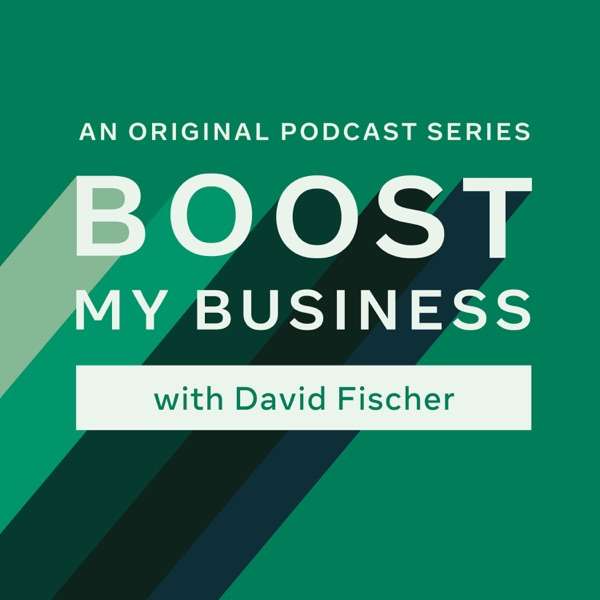This episode brought to you by StockMarketHats.com. Enter the code "contrarian" at checkout for a 10% discount! This episode originally aired for premium subscribers on Nov. 4, the same day it was recorded, without ads or interruptions. To become a premium subscriber and gain access (as well as take advantage of a host of other benefits, including the Daily Contrarian briefing and podcast), sign up through Substack or Supercast.
Note: The aforementioned service has nothing to do with David Hunter's newsletter. Individuals interested in finding out more about that service should contact David directly by Twitter direct message.
David Hunter of Contrarian Macro Advisors rejoins the podcast to provide updates on his prediction that stock markets are in the final stage of a parabolic melt-up that will be followed by a global bust. Hunter's initial targets for the S&P 500, Dow Industrials, and other U.S. stock market indexes have been breached, causing him to provide new, even more bullish, targets.
The bust will likely start with a 'second-quarter swoon' next year, caused by the Federal Reserve overreacting to inflation. The deflationary meltdown will then cause another overreaction by central banks and government fiscal policies. Not intended as investment advice.
Content Highlights
(Spotify users can click on the timestamp to link to the start of the segment in question)
-
Hunter's new targets on the S&P, Dow, Nasdaq, and Russell 2000 (2:50);
-
Oil and oil stocks have peaked for this cycle (6:50);
-
The bust should happen about mid-way through 2022 and result in oil prices back in the mid-$20s range (8:25);
-
The cycle will end because the Federal Reserve tightens interest rates due to inflationary pressures (10:28);
-
Central banks around the world are withdrawing quantitative easing and some have even started to adjust interest rates higher. This will affect things and force the Fed's hand. Resolution of supply chain issues would increase the pressure (15:54);
-
China will definitely play a major role in the bust, though Evergrande is probably just the tip of the iceberg (19:27);
-
What happens after the bust is an unprecedented flow of liquidity. Yes, even more than COVID. There will be bank failures, though more in Europe and Asia than the U.S. (21:17);
-
Central banks only have one tool to combat this, which is quantitative easing. They will be matched by fiscal stimulus. It will be "March of 2020 on steroids, basically. Multiple steroids" (26:07).
More Information on the Guest

 Our TOPPODCAST Picks
Our TOPPODCAST Picks  Stay Connected
Stay Connected





